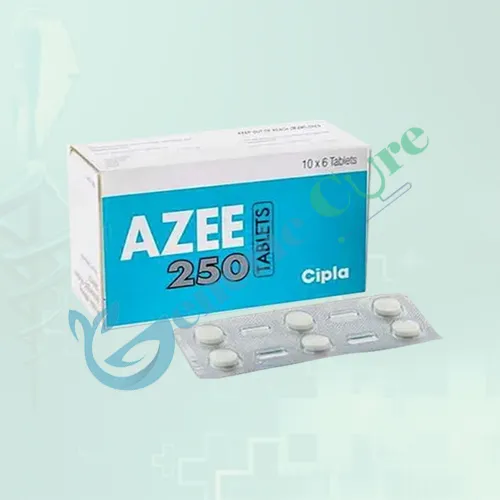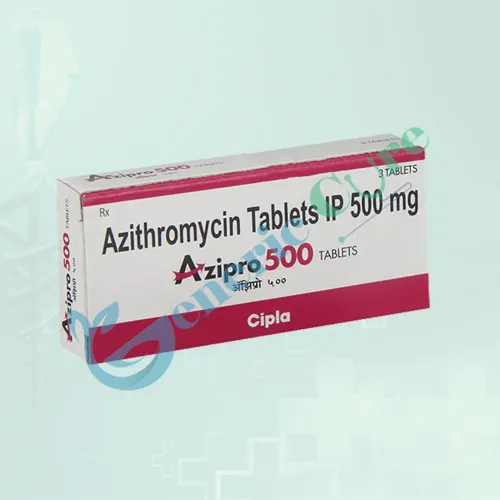Hydroxychloroquine 200 mg
$55.00 – $165.00
| Tablet | Price | Quantity | |
|---|---|---|---|
| 90 Tablet/s | $55.00 | ||
| 150 Tablet/s | $80.00 | ||
| 300 Tablet/s | $130.00 | ||
| 450 Tablet/s | $165.00 |
Description
Hydroxychloroquine 200 mg sulfate is a medication that has been in use for several decades. Initially developed as an antimalarial drug, it has gained broader application in the treatment of autoimmune diseases like rheumatoid arthritis and lupus. The 200 mg tablets are a standard dose, commonly prescribed for managing these conditions.
How to use Hydroxychloroquine 200 mg?
Hydroxychloroquine works by interfering with the communication between cells of the immune system. It modulates the immune response, reduces inflammation, and helps prevent the immune system from attacking the body’s tissues, which is particularly useful in autoimmune diseases. In malaria, hydroxychloroquine disrupts the growth of parasites in red blood cells.
Medical Uses:
- Malaria Treatment and Prevention: Hydroxychloroquine is using to prevent and treat malaria, especially in areas where chloroquine resistance is not prevalent. It’s effective against Plasmodium vivax, P. malariae, P. ovale, and sensitive strains of P. falciparum.
- Rheumatoid Arthritis (RA): For RA, hydroxychloroquine helps reduce joint inflammation, pain, and damage by modulating the immune response.
- Systemic Lupus Erythematosus (SLE): This drug is crucial in managing lupus, particularly in controlling symptoms like skin rashes, fatigue, and joint pain. It can also help prevent lupus flares.
- Other Autoimmune Diseases: Hydroxychloroquine is sometimes using off-label for other autoimmune diseases, such as Sjögren’s syndrome, where it helps alleviate dryness and other symptoms.
If you need to buy Artemisinin 100 mg you can purchase now our Generic Cure medicine.
Hydroxychloroquine 200 mg Dosage and Administration:
- Standard Dosage: The usual dosage of hydroxychloroquine for adults with autoimmune diseases is 200-400 mg per day. The dosage might be split into one or two doses depending on the patient’s condition.
- For Malaria: The dosing regimen for malaria prevention typically involves taking 400 mg once weekly, starting one to two weeks before traveling to a malaria-endemic area, continuing throughout the stay, and for four weeks after leaving.
- Administration: It is recommend to take hydroxychloroquine with food or a glass of milk to reduce gastrointestinal discomfort. The tablets should be swallowed whole, not crushed or chewed.
What are the Side Effects and Risks of Hydroxychloroquine 200 mg?
- Common Side Effects: The most frequent side effects include nausea, vomiting, diarrhea, abdominal pain, headache, and dizziness. These symptoms are usually mild and decrease over time.
- Serious Side Effects: Rare but severe side effects include vision changes (retinopathy), muscle weakness, cardiomyopathy, and severe hypoglycemia. Retinal toxicity can lead to irreversible vision loss if not monitored and managed appropriately.
- Long-Term Risks: Long-term use, particularly in high doses, increases the risk of ocular toxicity. Regular eye examinations are essential for early detection and prevention of retinal damage.
Precautions:
- Eye Health: Patients on long-term hydroxychloroquine therapy should undergo regular eye exams (at least once a year) to monitor for early signs of retinopathy.
- Pre-existing Conditions: Caution is advised in patients with pre-existing conditions such as liver or kidney disease, as the drug is metabolized in the liver and excreted by the kidneys. Those with G6PD deficiency, psoriasis, and porphyria should use this drug with caution, as it can exacerbate these conditions.
- Pregnancy and Breastfeeding: Hydroxychloroquine is generally considered safe during pregnancy, particularly for women with lupus, where the benefits outweigh potential risks. However, it is essential to consult a healthcare provider. The drug does pass into breast milk, but in small amounts that are not expected to harm a breastfeeding infant.
Drug Interactions:
- Other Medications: Hydroxychloroquine can interact with several medications, including digoxin, certain antibiotics (such as azithromycin), anticonvulsants, and other immunosuppressants. These interactions can either increase toxicity or reduce the effectiveness of hydroxychloroquine or other drugs.
- Vaccinations: Hydroxychloroquine may interact with live vaccines, potentially reducing their effectiveness. It’s essential to discuss vaccination plans with a healthcare provider.
Monitoring and Laboratory Tests:
- Blood Tests: Regular blood tests are often recommended to monitor for potential adverse effects, such as blood cell count abnormalities, liver function changes, and renal function.
- Eye Examinations: As mentioned earlier, routine eye exams are crucial to detect any early signs of retinal damage, which can occur with prolonged use of hydroxychloroquine.
- Muscle Strength Testing: In some cases, doctors may recommend periodic muscle strength tests to monitor for myopathy, especially in patients on long-term therapy.
Special Considerations:
- COVID-19 Context: Hydroxychloroquine gained significant attention during the COVID-19 pandemic as a potential treatment. However, subsequent studies have not demonstrated a clear benefit, and its use in COVID-19 remains controversial. The drug is not recommended for treating COVID-19 outside of a clinical trial setting.
- Generic Availability: Hydroxychloroquine is available as a generic medication, making it more affordable for patients. It is widely available in most countries and is listed on the World Health Organization’s List of Essential Medicines.
Other Pills:
Xarelto 10 Mg Tablet (Rivaroxaban) | Xarelto 15 Mg Tablet (Rivaroxaban) | Xarelto 20 Mg Tablet (Rivaroxaban) | Spironolactone 25 mg | Fenofibrate 160 mg
Additional information
| Tablet | 90 Tablet/s, 150 Tablet/s, 300 Tablet/s, 450 Tablet/s |
|---|---|
| Active Ingredient (Generic Name) | Hydroxychloroquine |
| Indication | Rheumatoid arthritis, Systemic lupus erythematosus (SLE), Type 2 diabetes, treating COVID-19 |
| Manufacturer | Torrent Pharmaceuticals Ltd |
| Packaging | 15 Tablets in 1 strip |
| Strength | 200mg |
| Delivery Time | 6 To 15 days |








